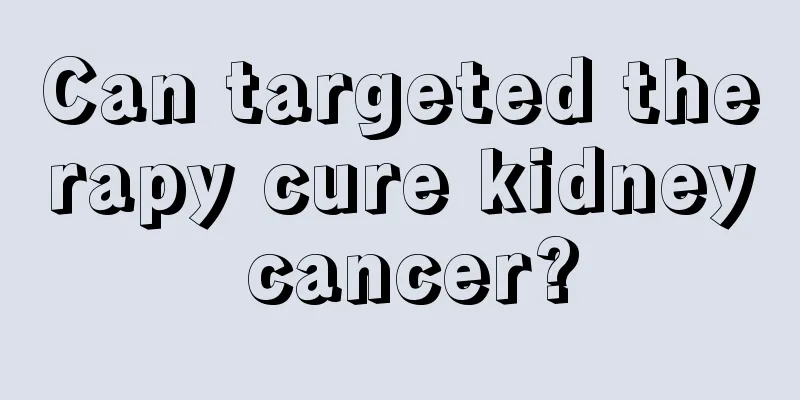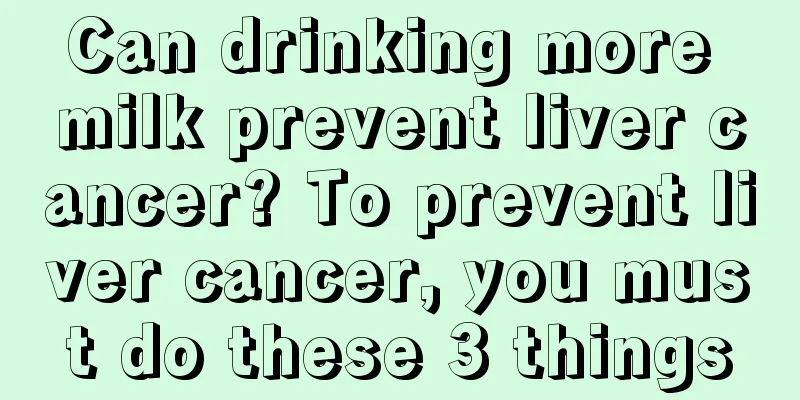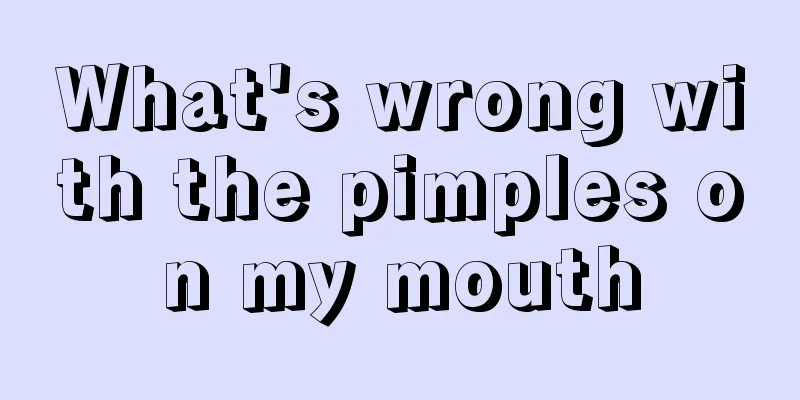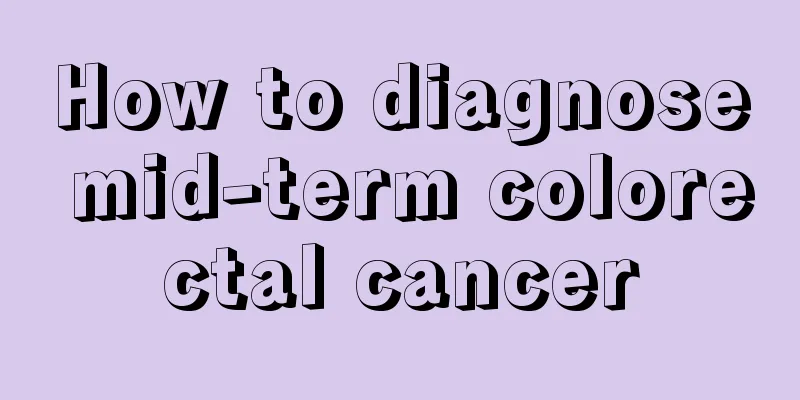Can targeted therapy cure kidney cancer?

|
Can targeted therapy cure kidney cancer? Whether cancer can be cured should take into account the patient's physical condition, tumor pathological staging, comprehensive treatment methods, etc. Clinicians should pay attention to selecting appropriate treatment plans based on the patient's condition, improve the body's immunity as much as possible, control the patient's condition, effectively improve the patient's physical condition, and prolong the survival period with cancer. Renal cell carcinoma (RCC) is the most common type of kidney cancer, and its incidence has been gradually increasing in recent years. What are the targeted therapeutic drugs for advanced kidney cancer? In foreign treatment guidelines, Sutent and Nexavar are mostly recommended as first-line treatments for advanced renal cancer, while axitinib and everolimus are recommended as second-line treatments. The 2012 NCCN Kidney Cancer Guidelines in the United States recommend Sutent as a first-line treatment for recurrent or unresectable stage IV renal cancer (clear cell-dominant type), with a level of evidence of Class I evidence; Nexavar is recommended as a first-line treatment for specific clear cell renal cancer, with a level of evidence of Class 2A evidence; and everolimus, axitinib, and Nexavar are recommended as second-line treatments. For non-clear cell-dominant type, everolimus, Nexavar, and Sutent are recommended as first-line treatments, with a level of evidence of Class 2A evidence. For experienced doctors in the front line of clinical practice, in addition to considering the pathological type of the tumor and the efficacy and side effects of the drug, they should also consider the patient's comorbidities and other aspects comprehensively, so as to achieve the desired effect while minimizing the impact of the drug's side effects on the patient's quality of life. For example, sunitinib should be used with caution in patients with thyroid dysfunction, significantly decreased LVEF, chronic heart disease (chronic heart failure, coronary heart disease, etc.), and severe uncontrolled hypertension; sorafenib has a high incidence of hand-foot skin reactions and gastrointestinal toxicity and side effects, and is not suitable for patients with chronic digestive tract diseases; everolimus should be used with caution in patients with poor lung function, pneumonia or other active infections. In short, targeted therapy is currently the most effective method for treating advanced renal cancer. When selecting targeted drugs, we must comprehensively consider the efficacy and side effects of the drugs, the pathological type and risk level of the tumor, and the patient's comorbidities, in order to achieve individualized treatment and maximize the benefits to patients. Among them, it is important to emphasize that targeted drug therapy is complex, evidence-based, and constantly evolving. For each individual, specific problems must be analyzed specifically. |
<<: Can early kidney cancer be cured?
>>: Can I eat okra after kidney cancer surgery
Recommend
What to do if hair falls out in clumps
Nowadays, hair loss is no longer a problem that o...
What's wrong with stomachache and vomiting
Stomach pain accompanied by a strong feeling or b...
What to do if you feel dizzy and nauseous
Dizziness and nausea can be said to be one of the...
How long can you live with advanced uterine cancer
In our lives, we often ignore our own health prob...
How to get rid of sagging eye bags?
If you have bags under your eyes and do not remov...
Introduction to multiple solid nodules of the thyroid
Multiple solid nodules of the thyroid sound diffi...
How long does it take to recover after cataract surgery?
Cataract is a common eye disease for many people....
How to pickle black stinky duck eggs
Many people like to eat duck eggs in their lives,...
Colon cancer may also be related to environmental factors
Colon cancer may also be related to environmental...
Correct nutritional supplementation can effectively prevent cervical cancer
Cervical cancer is a common malignant tumor. With...
Don't rub these areas hard when taking a bath
Taking a bath is something that everyone must do,...
What is recombinant human interleukin-2
Recombinant human interleukin-2 is an important i...
What are the preventive care measures for hamartoma
Hamartoma is a tumor disease that is very harmful...
What are the methods for differential diagnosis of liver cancer
In recent years, liver cancer has become one of t...
Baby drinking cup
The importance of water to the human body is self...









